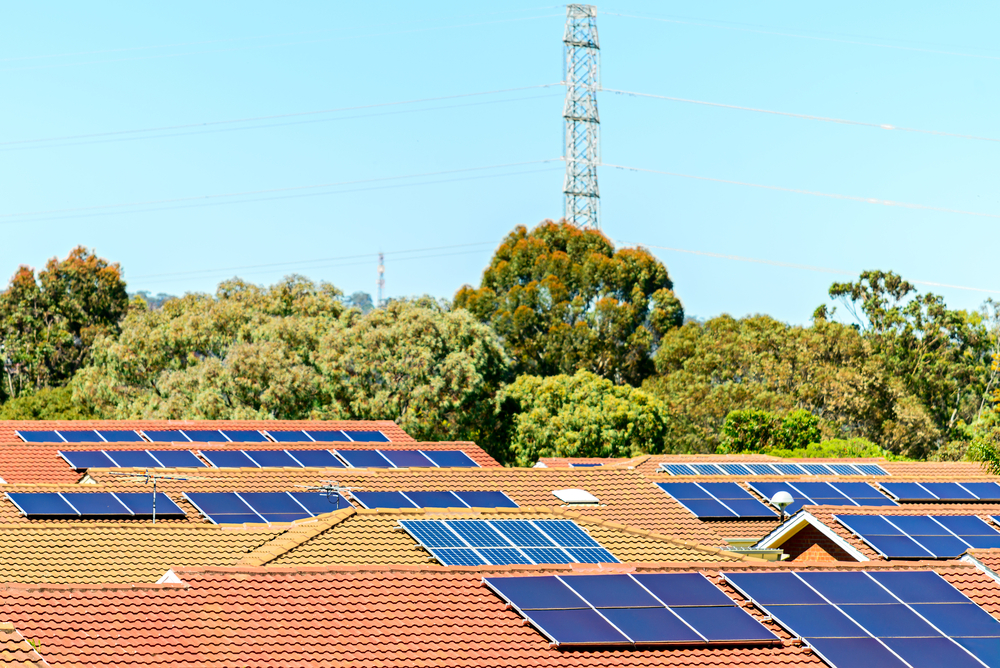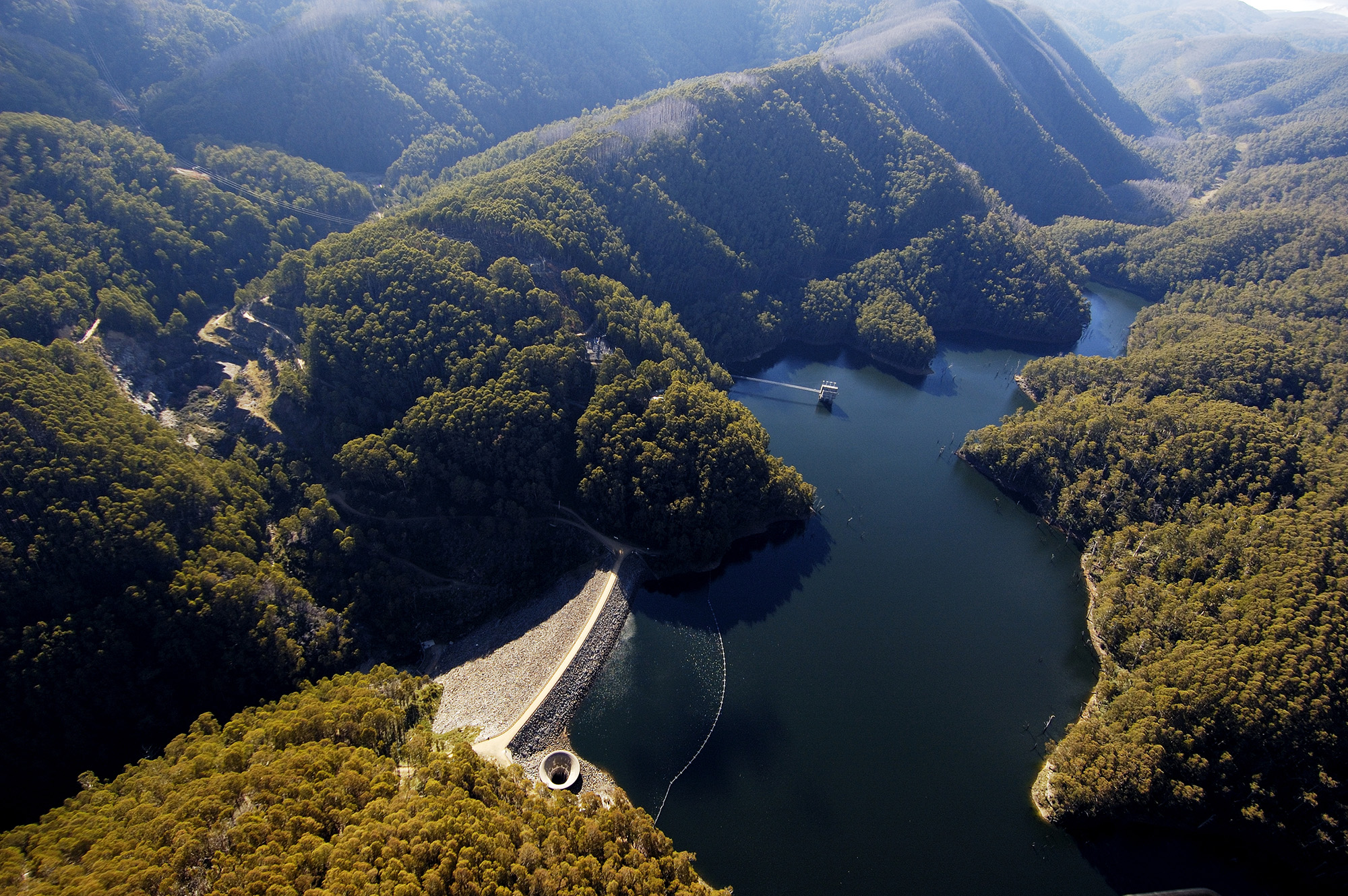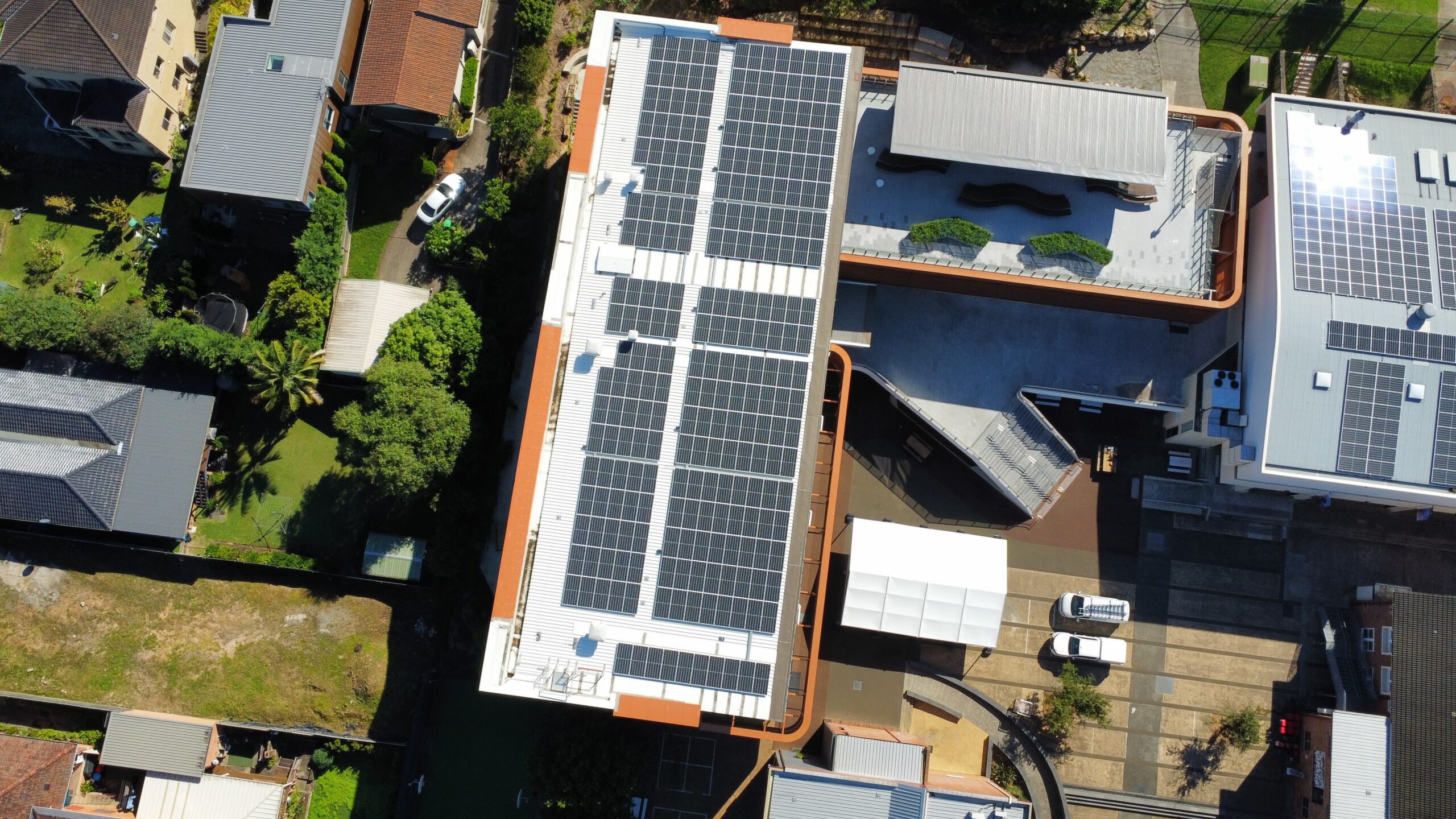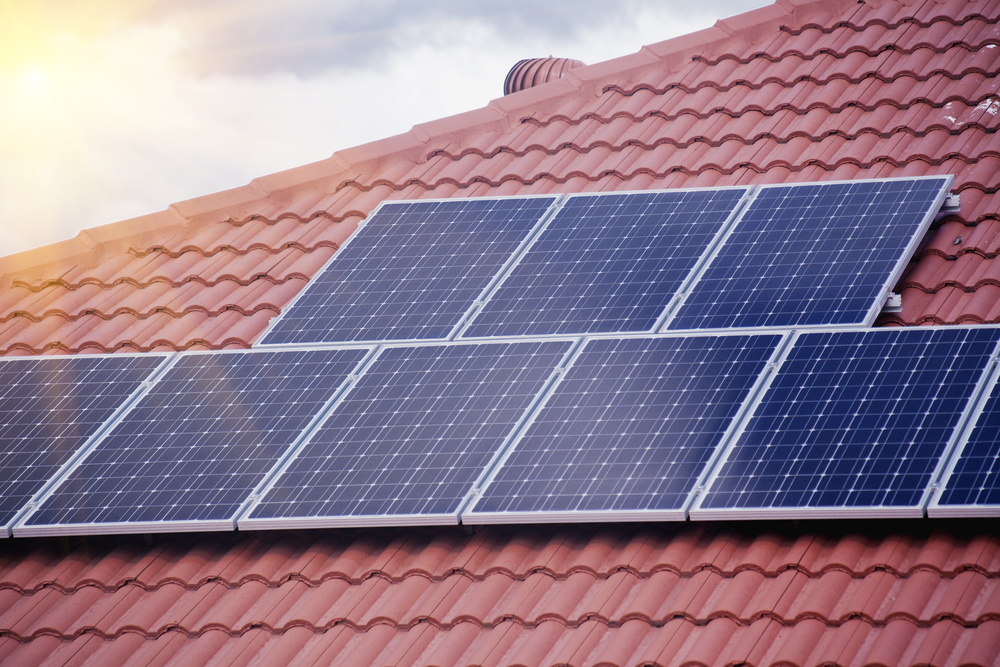
Workers installing solar panels on rooftops can expect a visit from SafeWork NSW Inspectors, who are undertaking a six-month state-wide operation to ensure safety in this busy industry.
SafeWork NSW Executive Director Compliance & Dispute Resolution Matthew Press said this is the second time SafeWork Inspectors have targeted this activity with Inspectors visiting 286 solar panel installation sites in 2021, uncovering some alarming unsafe practices.
“The installation of solar photovoltaic systems on rooftops has increased markedly over recent years, due in part to government rebates, with NSW having installed most new rooftop solar panels in Australia in 2021,” Mr Press said.
“Solar retailers and installers have responsibilities under work health and safety laws to ensure workers are not at risk of falls from heights or contact with electricity, the two biggest safety risks the industry faces.
“Falls from heights is the biggest cause of traumatic fatalities on NSW construction sites, with most serious or fatal falls being from roofs, ladders or unsafe scaffolds – and from a height of four metres or less. That’s about the height of a single storey house.”
The safest protection against falls from heights when working on a roof is to use roof rails or scaffold. Solar rooftop installers must only use harnesses as a last resort when roof rails cannot be installed.
“It is of great concern that of the 286 inspections last year, 69 per cent of sites were only using harnesses or did not have fall protection at all. Of the sites using harnesses, 32 per cent did not have appropriate anchor points in place, and 50 per cent were not clipped on to anything. A further 26 per cent of sites did not have their ladder fixed at the top, nor did the ladder extend one metre past the landing space,” Mr Press said.
“The inspections also found that 27 per cent of sites did not place a lock on the main electrical switch or the meter box and 14 per cent did not adequately address the risk of overhead powerlines.
“Last year an Inspector observed a solar panel installation in progress with a worker at risk of falls of approximately 3.4 meters from a residential home, as the harness system in use was not connected properly. It was also found the means of access to the roof was not acceptable due to the ladder being unsecured.
“The risks are real. In January 2020, an apprentice electrician fractured his pelvis and back after falling more than three metres from a roof while installing solar panels at a construction site in Parklea. Later that year during another solar install, a 27-year-old roofing contractor fell more than three metres through the roof of a sheering shed fracturing his back, at a rural property in Alectown near Parkes.
“That is why SafeWork will have their boots on the ground, working with retailers and installers from now until the end of the year to ensure rooftop solar installers safety. Fines will be issued for non-compliance, with a zero-tolerance approach taken to falls risks. SafeWork has $1,000 rebates available for safety purchases which could prevent an incident and is a better investment than a $3,600 on-the-spot fine.”











